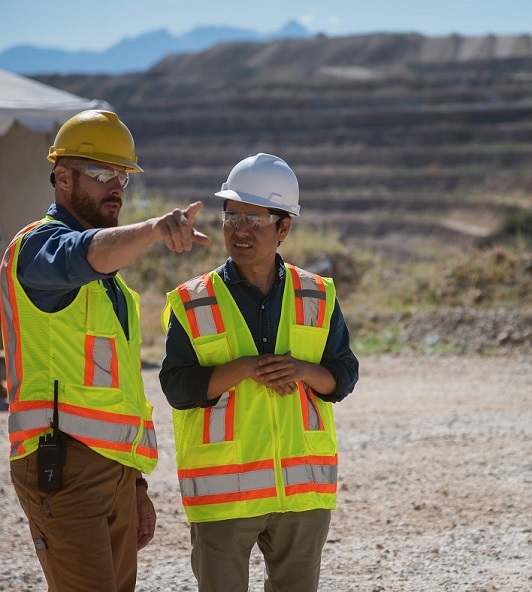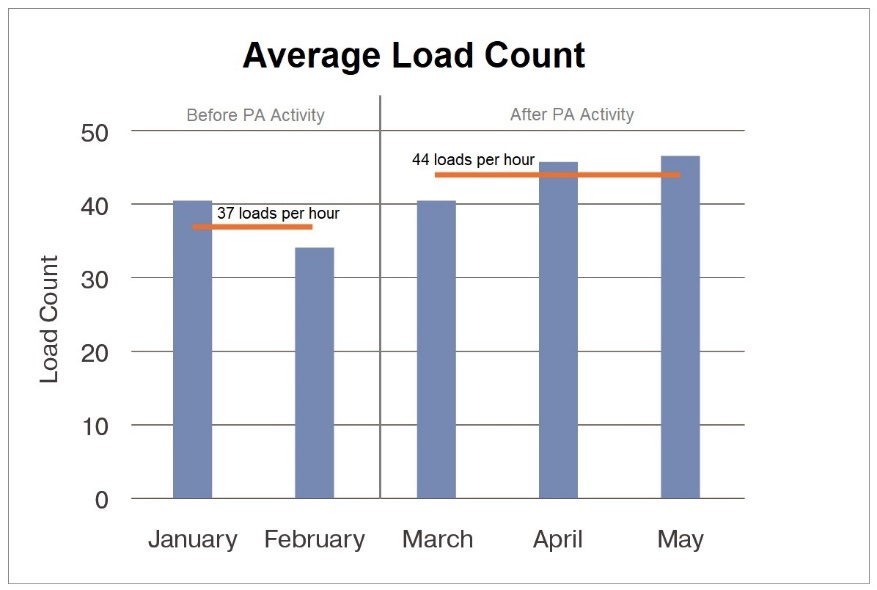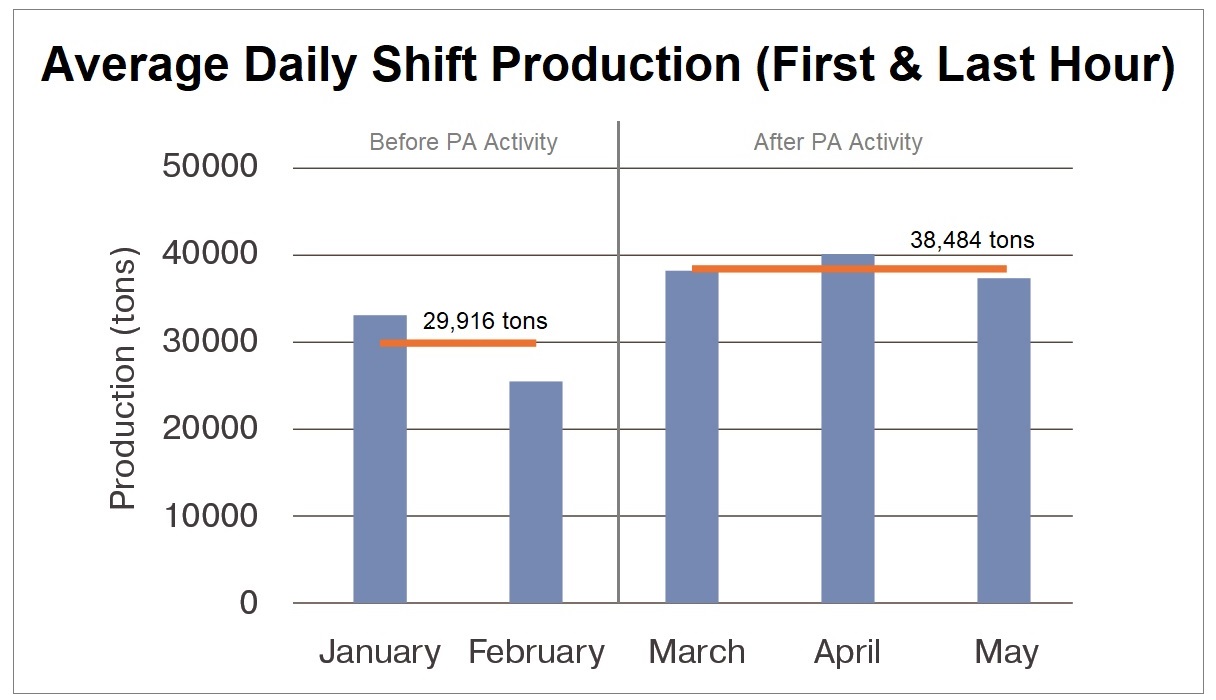Modular Mining’s Performance Assurance team helps a North American copper mine improve daily shift production by 22%
Nearly five years ago, Modular Mining introduced the Performance Assurance (PA) program, a next-level support initiative designed to ensure that each customer receives maximum value from their Modular Mining technologies. With each PA engagement, a dedicated team of experts collaborates with a cross section of mine personnel to develop tailored, flexible, and proactive solutions to each operation’s specific challenges. Participating mines have seen numerous benefits, including enhanced truck productivity, shorter queue times, reduced equipment maintenance costs, and more.
LOCATION
USA
OBJECTIVE
Achieve an additional 8000 tons in daily shift production
RESULTS
22% increase, representing 9,000 additional tons, in daily shift production

Challenge
Recently, one of Modular Mining’s customers, a long-time user of the DISPATCH® Fleet Management System (FMS), approached the PA support team for help in improving daily shift production by 8,000 tons without increasing the size of their truck fleet.
Solution
In response, the PA team spent time at the site to assess the mine’s twice-daily shift-change process, establish a measurement baseline, and identify opportunities for improvement. During the engagement, the PA team learned that the shift change procedure consisted of breaking the fleet into two sections. The trucks in Section One parked no later than 6:15 (am/pm) and the trucks in Section Two parked no later than 7:15 (am/pm).
The mine employed this staggered approach in an effort to facilitate tasks such as:
- Refueling in the eight-unit fuel bay
- Performing necessary maintenance checks
- Conducting operator safety pre-checks
The PA team also discovered that the mine was making manual parkup assignments at the beginning and end of every shift, leading to delays and inefficiencies.
Working with the mine’s dispatchers, the PA team temporarily revised the mine’s shift change procedures. Now, manual parkup assignments were used for the trucks in Section One and automated parkup assignments were used for the trucks in Section Two.
To help the mine realize full value from automated assignments, the PA team implemented the DISPATCH System Parkup module. With this added functionality, the dispatcher could monitor and/or control the assignment of equipment to a park-up location at shift change. After a week of assisted operation training with the PA team, the mine was able to fully-automate parkup assignments for both sections across all shifts.
In the new permanent workflow, the dispatcher ranks the trucks according to fuel level. The Parkup module then automatically assigns trucks that need to refuel to the first break at the fuel bay. Trucks that do not need additional fuel are assigned to the second break and parked-up at the tiedown bay.
Results
Successful implementation of the Parkup module led to improved shift change efficiency, as evidenced by the increase in load counts (Figure 1).
The mine was able to increase their load count by 12 additional loads for the day shift and 8 for the night shift.
Tonne-miles per hour increased by 24% for the day shift and 35% for the night shift. Mishandled exceptions during the last hour of the shift also decreased from 1,481 to 629, an improvement of 57%.
The average time to first load improved by 10 minutes for the mine’s night shift and 3.3 minutes for the day shift. The time between last-load of the first shift and first-load of the second shift decreased by 10 minutes.

Figure 1

Figure 2
Optimizing the shift change process enabled the mine to increase tonnage by more than 28%, on average, during the first and last hour of every shift (Figure 2).
Summary
The time spent onsite observing the mine’s shift change procedures enabled the PA team to gain a thorough understanding of the mine’s workflows and identify opportunities for minimizing inefficiencies. Modular Mining was able to help the mine utilize the DISPATCH Parkup module, which led to the achievement of the site’s goal to increase production by 8,000 tons per shift without expanding their fleet.
Overall, by implementing the new Parkup module-driven procedures, the site was able to improve daily production during shift change from an average of nearly 30,000 t to nearly 38,500 t. This represented an increase of almost 9,000 t (22%), which exceeded the goal set by site management.

